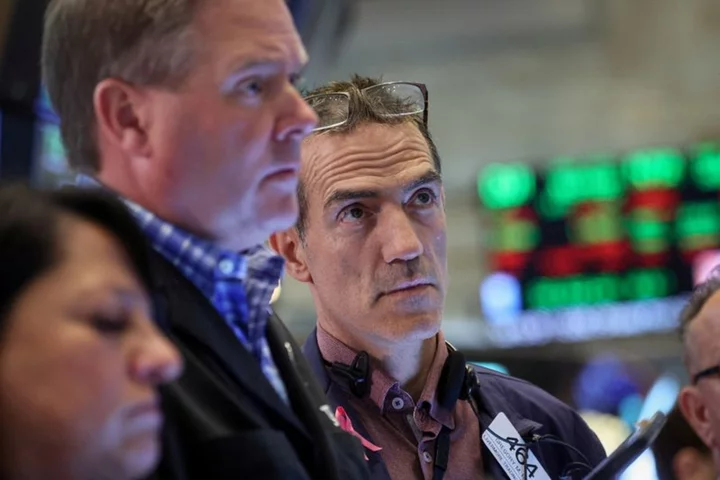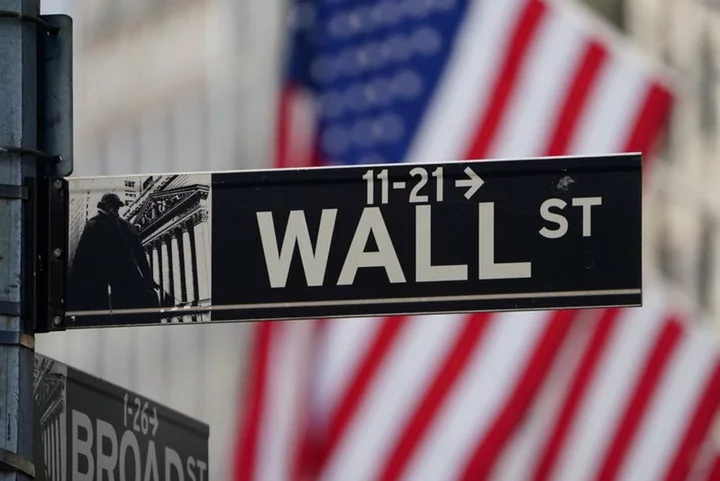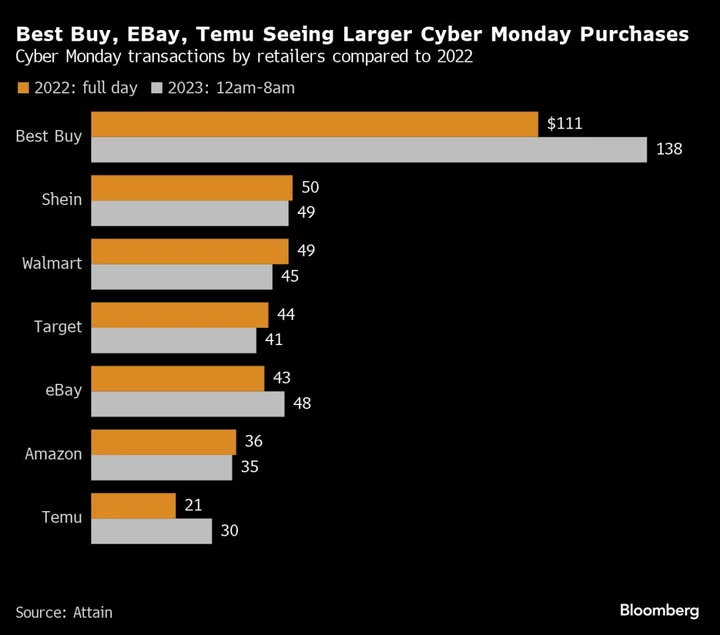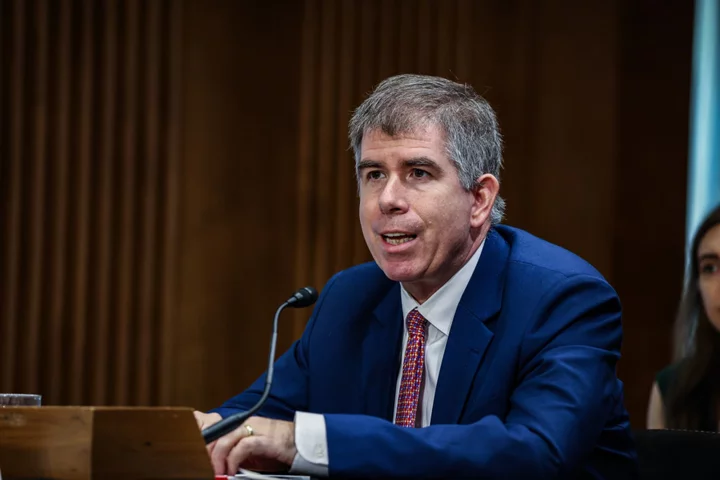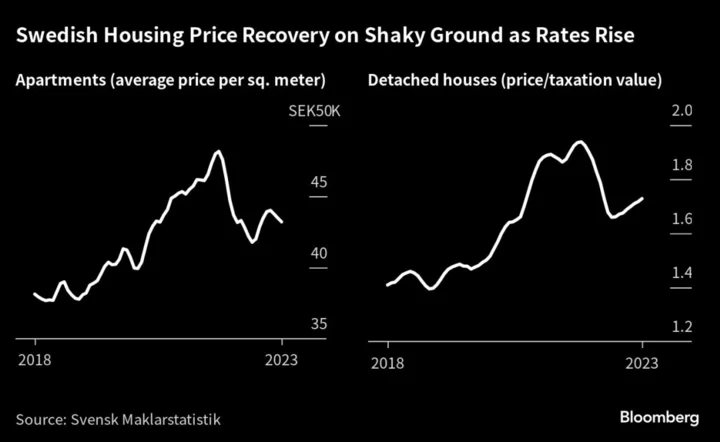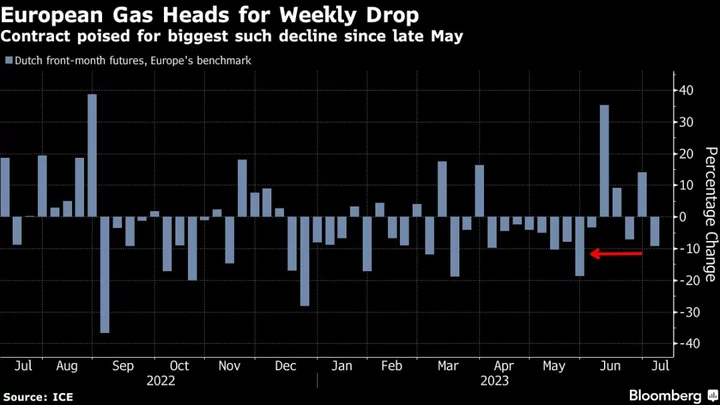A look at the day ahead in U.S. and global markets by Samuel Indyk
The minutes from the Federal Reserve's September policy meeting on Wednesday confirmed the central bank is watching the data closely, making today's consumer prices report all the more important.
"Participants stressed that they would need to see more data indicating that inflation pressures were abating," the minutes from the September confab of the Federal Open Market Committee - the Fed's rate setting body - showed.
The Bureau of Labor Statistics' consumer prices report is expected to show inflation pressures were abating in September, if only marginally.
Headline CPI is seen rising 0.3% on the month, down from 0.6% in August, which would take the annual rate to 3.6%.
Core inflation, which strips out volatile energy and food prices, is expected to have also risen 0.3% in September. On an annual basis that would leave core CPI at 4.1%, its lowest level in two years.
That would be welcome news for the U.S. central bank, but the path to lower inflation, and a return to the 2% target, looks trickier from here.
The threat of higher energy prices following the outbreak of a war between Israel and Palestinian militants is all too real, even if the immediate market reaction has been relatively muted.
Oil rose by as much as 4% at one point on Monday, but has since returned to levels it was at before Hamas militants crossed the Israeli border on Saturday.
Natural gas prices in Europe and the U.S. are both holding near multi-month highs as there is already evidence that supply could be affected, after the Israeli energy ministry instructed Chevron to shut-in production at its Tamar facility.
Policymakers around the globe are likely to signal they will look through any short-term boost to inflation if the conflict were to escalate, but the path back to 2% could still take longer than previously thought.
Elsewhere on the calendar, the account of the European Central Bank's September policy decision, when it raised its deposit rate to a record high of 4%, will be released at 1130 GMT/0730 ET.
Markets now expect that to be the ECB's last move in the tightening cycle and commentary since has done little to dissuade that view.
"I do believe that policy at this moment is in a good place," said Klaas Knot on Wednesday. Knot is often perceived one of the more hawkish governing council members.
For now, equities in Europe are broadly higher, futures in the U.S. are pointing to a positive open, while the dollar is flat after a six-day streak of daily losses.
Key developments that should provide more direction to U.S. markets later on Thursday:
* U.S. CPI, jobless claims
* U.S. 30-year bond auction
* Earnings from Walgreens Boots Alliance, Delta Air Lines
* ECB monetary policy accounts
(Reporting by Samuel Indyk; Editing by Mark Potter)

